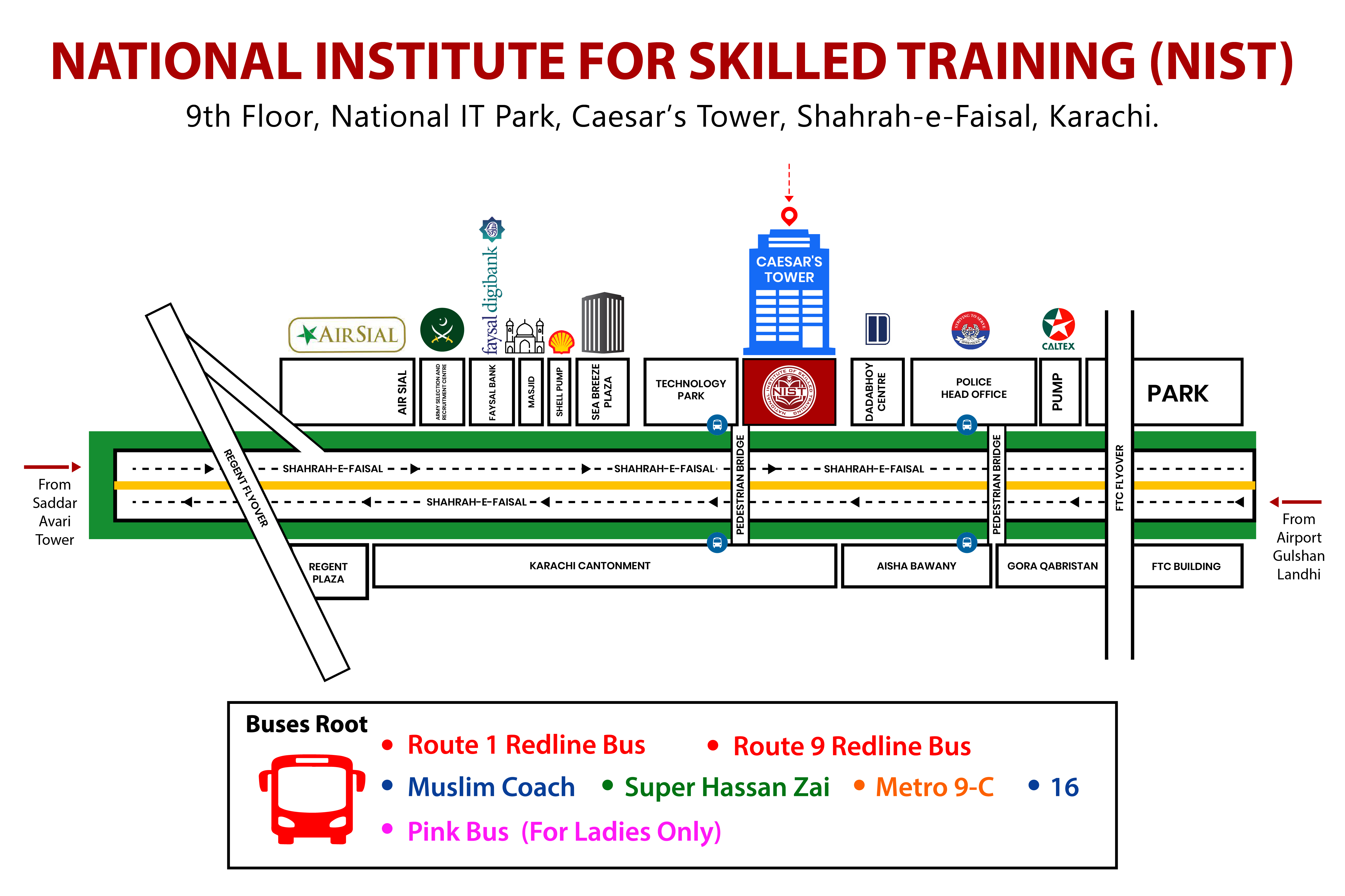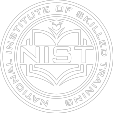In 2025, aspiring programmers face a number of common challenges that can make the journey into software development both exciting and daunting. Among these challenges are complex syntax requirements that vary widely between different programming languages, the steep learning curve, debugging and the overwhelming number of programming languages available today, each with its unique use cases.
To navigate these challenges effectively, it is crucial to focus on building a strong foundation in programming fundamentals, such as data structures and algorithms. Deeply understanding these core concepts will make learning new languages and frameworks much easier.
Moreover, cultivating a problem-solving mindset is vital for success in programming. Seeking mentorship from experienced developers can provide invaluable advice and guidance. Finally, building a well-rounded portfolio showcasing personal projects and contributions can play a pivotal role in making a positive impression on potential employers, demonstrating both capability and passion for programming.
Here are some of the challenges in programming and their solutions:
1. Complicated syntax and technical language
Programming languages are designed with specific rules and conventions, which can create a significant barrier for those who are just starting out. Each language has its own unique syntax, filled with intricate grammatical structures and specialized terminology. For beginners, this overwhelming array of terms and rules can lead to confusion and frustration, making it difficult to grasp fundamental programming concepts or write even the simplest pieces of code.
Solution:
To navigate this challenging landscape, it is advisable for newcomers to begin with a language that is well-known for its simplicity and readability, such as Python. Python’s syntax is often described as clean and straightforward, allowing beginners to focus on learning programming concepts rather than getting bogged down by complex syntax. Moreover, breaking down complex concepts into smaller, more manageable parts can be incredibly beneficial.
To support this learning process, National Institute of Skilled Training (NIST) offer structured courses designed specifically for beginners. The training institute provides interactive lessons, coding exercises, and share insights, fostering a collaborative learning environment.
2. Steep learning curve
Programming often presents a steep learning curve for beginners. As students or aspiring programmers dive into coding, they may encounter frustration when they struggle with the intricacies of programming concepts or when their code doesn’t run as expected. Such challenges can lead to a lack of confidence and discourage further exploration.
Solution:
To navigate the challenges associated with the steep learning curve in programming, it’s essential to focus on building a solid foundation in programming fundamentals. Acquiring a solid understanding of algorithms, logical reasoning, and problem-solving abilities is essential. Begin with fundamental programming concepts and progressively build upon your knowledge. Engaging in regular practice through small projects can significantly enhance understanding and retention of programming concepts.
3. Debugging challenges
Debugging is a daunting task that many developers face, regardless of their experience level. Even the simplest mistakes, such as a misplaced semicolon or an incorrectly set variable, can completely stop progress on a project. These seemingly trivial issues can lead to significant frustration as developers sift through code, trying to pinpoint the source of the problem. Moreover, the pressure of deadlines can exacerbate this frustration, creating a cycle where stress leads to more mistakes, and more mistakes lead to further stress.
Solution:
To combat debugging challenges, it’s essential to develop effective debugging strategies. One of the first steps is to learn how to read and interpret error messages accurately. These messages, while often confusing, contain valuable clues that can guide you to the source of the issue. Understanding the common types of errors, such as syntax errors or runtime errors, can also help streamline the debugging process.
4. Abundant language options
The extensive variety of programming languages available today can lead to considerable confusion for beginners embarking on their coding journey. With so many languages to choose from, it can be difficult to determine which one to learn first. Each language has its unique syntax, paradigms, and applications, making the decision even more daunting. This abundance of options can lead to analysis paralysis, where beginners feel stuck and unsure about how to proceed.
Solution:
To navigate this complexity, it is essential to select a programming language that aligns with your personal interests and career aspirations. Begin by reflecting on what you want to achieve with programming. If you’re drawn to data science, artificial intelligence, or web development, Python is an excellent choice.
5. Lack of mentorship
A significant hurdle many individuals face in their personal and professional growth is the absence of guidance and support. Without a mentorship to turn to for advice, encouragement, or shared experience, individuals may feel isolated and unsure of their next steps. This lack of connection can lead to feelings of discouragement and can impede one’s ability to progress effectively in their chosen field or area of interest.
Solution:
To combat this challenge, it is essential to actively seek out training institutes that align with your interests and goals. National Institute of Skilled Training (NIST) offers a wealth of resources where individuals can connect with like-minded people and experienced mentors. Enrolling in NIST can greatly enhance your learning journey. The training institute helps build a network of support that is crucial for overcoming obstacles and achieving success.
Conclusion
In conclusion, the journey into software development in 2025 presents aspiring programmers with a variety of challenges. However, by focusing on foundational programming concepts such as data structures and algorithms, individuals can ease their learning process and enhance their adaptability to new languages and frameworks. Cultivating a problem-solving mindset and seeking training at NIST from experienced instructors can provide essential guidance and support.



















